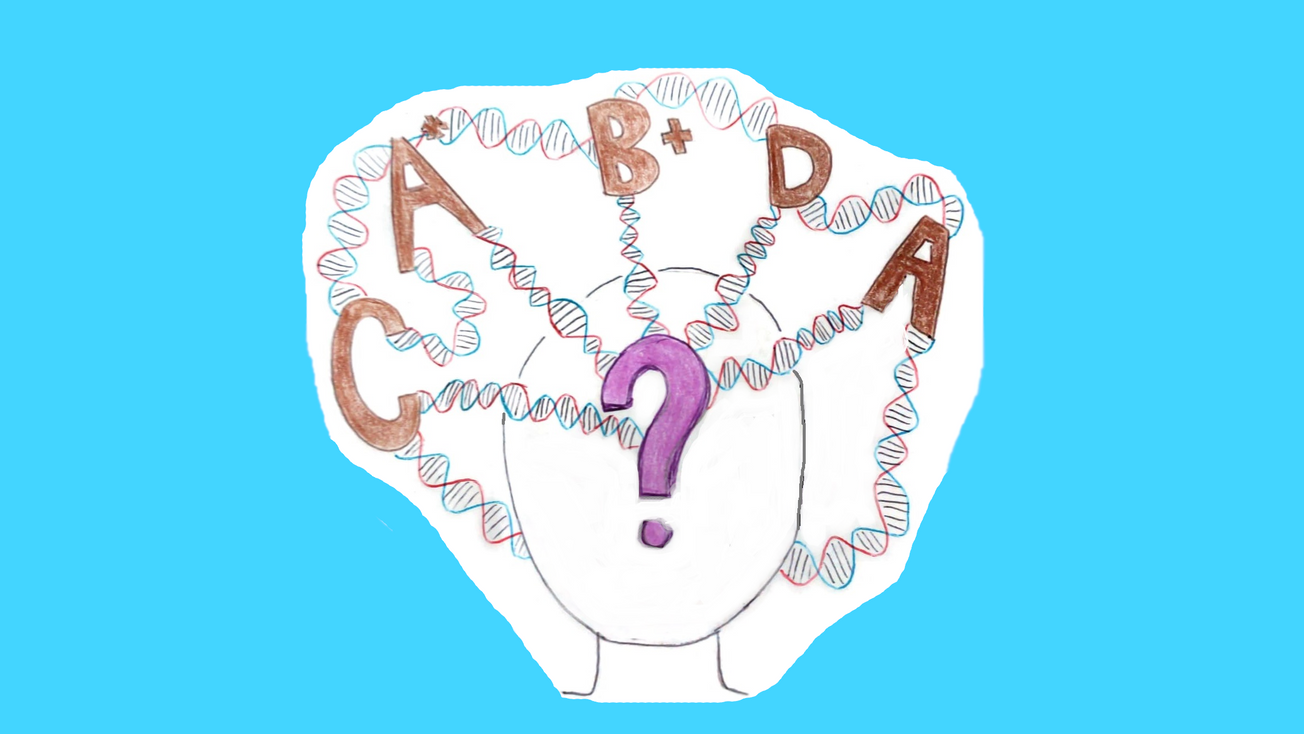By Jade Bruce, Second year, Cellular and Molecular Medicine
Bristol researchers investigate whether a student’s genetic make-up can predict exam results and be used to personalise education.
The 21stcentury has witnessed an explosion in our understanding of genetics. In 2003, the Human Genome Project was completed, producing a map of all 20,500 human genes – called the genome.
Today, it is cheaper and easy than ever before to study the genetic material of individuals. Researchers from the University of Bristol Medical School and the MRC Integrative Epidemiology Unit recently investigated how accurately genetic information could predict future educational performance.
| It's the climb - how to set (and achieve) your goals
Genetic information has been used to investigate everything from heritage to ice cream flavour preference. Indeed, a quick Google search of ‘DNA testing’ will drag up pages of companies offering ancestry, health and other trait information based on DNA extracted from saliva samples or cheek swabs.
The value of such services is debated. However, there is little doubt that our genes shape who we are. Except for identical twins, everyone has a unique version of the human genome, which they inherit from their parents. Genetic and environmental factors interact to determine physical appearance, personality and health. Personalised medicine – stemming from the idea that genetic information can inform healthcare – has revolutionised medicine by improving disease prediction, diagnosis and treatment.
What will putting genomic medicine into your doctor’s office look like? A patient’s genome sequence will become a part of their health care information, and their sequence will be used by clinicians to help diagnose and treat conditions. Learn more: https://t.co/ztE0dNap1n pic.twitter.com/Y1m6iXAQUW
— National Human Genome Research Institute (@genome_gov) March 3, 2020
Similarly, education has begun to shift from a ‘one size fits all’ model to a more customised approach. Education systems increasingly treat students as individuals, acknowledging that everyone learns in different ways and at varying speeds. Some researchers and politicians have suggested that genetic data should be routinely collected by organisations, so that healthcare or education can be personalised on a population scale.
They claim that analysis of genetic measures such as polygenic scores (which combine genetic information from the entire genome) may give insight into future educational achievement. Such genetic data might enable the personalisation of education according to students’ genes. This could include tailored teaching depending on pupils’ learning style or the construction of a ‘genetically designed’ curriculum.
Bristol researchers compared the polygenic scores of 3500 Bristol children with exam results at ages 7, 11, 14 and 16. Results showed that the genetic scores could tenuously predict future educational outcomes, but they weren’t better predictors than the standard information already available, such as parental socioeconomic background.
| Was the University of Bristol your genetic destiny?
Dr Tim Morris, the study’s lead author said: ‘Some of those who would be predicted from their genes to be in the bottom 5% are actually in the top 5% of performers. This contradicts the notion that it is possible to accurately predict how well any one child will perform in education from their DNA.’ Dr Morris added that the best predictor of a pupil’s performance is their earlier school attainment, followed by the education level of their parents.
Educational achievement is extremely complex and influenced by a myriad of factors. These include parental characteristics, family environment, personality, general intelligence, teachers, peers and notably, random events. The interplay between environmental and genetic factors on educational performance is poorly understood. It seems to boil down to the timeless question and unresolved debate: nature or nurture?
Featured image: Epigram / Vilhelmiina Haavisto
Want to write about your research? Get in touch!








